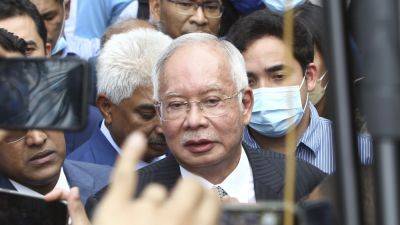Can Europe Save Forests Without Killing Jobs in Malaysia?
The European Union’s upcoming ban on imports linked to deforestation has been hailed as a “gold standard” in climate policy: a meaningful step to protect the world’s forests, which help remove planet-killing greenhouse gases from the atmosphere.
The law requires traders to trace the origins of a head-spinning variety of products — beef to books, chocolate and charcoal, lipstick and leather. To the European Union, the mandate, set to take effect next year, is a testament to the bloc’s role as a global leader on climate change.
The policy, though, has gotten caught in fierce crosscurrents about how to navigate the economic and political trade-offs demanded by climate change in a world where power is shifting and international institutions are fracturing.
Developing countries have expressed outrage — with Malaysia and Indonesia among the most vocal. Together, the two nations supply 85 percent of the world’s palm oil, one of seven critical commodities covered by the European Union’s ban. And they maintain that the law puts their economies at risk.
In their eyes, rich, technologically advanced countries — and former colonial powers — are yet again dictating terms and changing the rules of trade when it suits them. “Regulatory imperialism,” Indonesia’s economic minister declared.
The view fits with complaints from developing countries that the reigning international order neglects their concerns.






